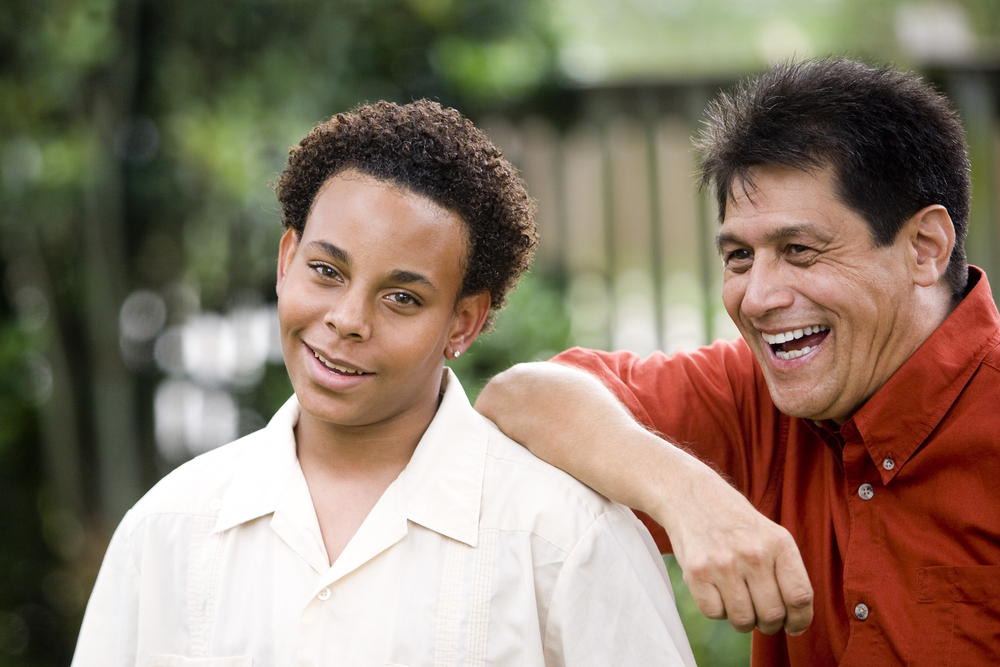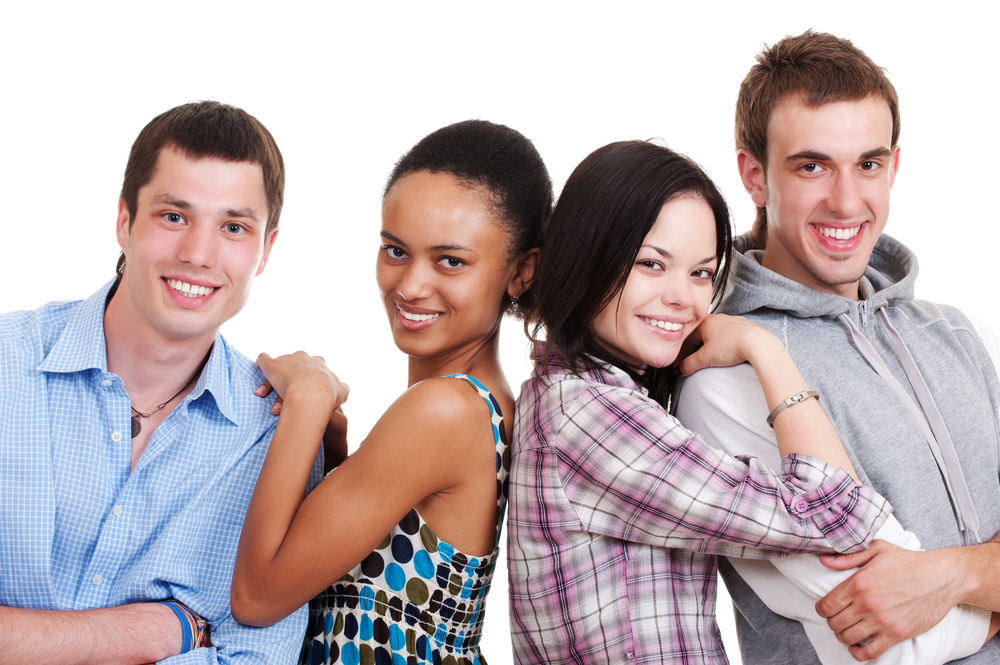Healthy Friendships and Relationships
Different Kinds of Relationships
We see lots of different people every day. Some are closer to us than others. For example, we are usually very close to our family and friends. We talk with them and share our thoughts and feelings. We might not be as close to our neighbors. We might smile or say “hello,” but not even know their names.
Here are some of the people we see every day:
 Paid Supports: A paid support is someone you pay to provide you with a service (doctors or dentists, grocery clerks, barbers or beauticians, bank tellers, mechanics, etc.). You may know some of these people very well. Others, you may not know at all. As a direct support professional (DSP), you would fit into this category.
Paid Supports: A paid support is someone you pay to provide you with a service (doctors or dentists, grocery clerks, barbers or beauticians, bank tellers, mechanics, etc.). You may know some of these people very well. Others, you may not know at all. As a direct support professional (DSP), you would fit into this category.Acquaintances: Acquaintances are people that you recognize. You may wave or say “hello” when you see them. You might not know their names. They might be neighbors or people you see at the bus stop.
Group Members: Some people belong to the same clubs or groups as you. These may be people that you see at work or school. You may enjoy doing things with them in the group or at work but not see them otherwise.
Friend: A friend is someone that you like to be with. You enjoy talking to this person and doing things together.
Family: Family includes parents, sisters, brothers, cousins and other relatives. Some people are very close with their family. Some people do not see their family very much.
Close Friendships and Romantic Relationships: Some relationships are very close. Close relationships develop when two people love each other and like to spend time together. You can have close relationships with many people. Some close relationships involve romantic feelings.
Communication and Sharing
The most important part of any healthy friendship or relationship is the ability to talk and listen to one another. Talking and listening helps people to:
- Share their common interests
- Share their feelings
- Learn to listen
- Know they are an important part of someone else’s life.
Respect and Trust
 Healthy friendships and relationships also mean learning to respect and trust each other.
Healthy friendships and relationships also mean learning to respect and trust each other.- People respect each other for who they are.
- People may disagree with each other. But with respect and trust, they can talk about how they feel and work things out.
- People also should respect and trust themselves and their feelings so they can set boundaries and feel comfortable.
How does a person know that they have a healthy friendship with someone else?
Here are some signs that a person can use to know if they have an unhealthy friendship.
|
Being In a Healthy Friendship Means |
Being In a Unhealthy Friendship
Means |
| The person feels good about themselves when they are with their friend | The person doesn’t feel good: their feelings are hurt or they feel sad or upset around their friend |
| There’s an equal amount of “give and take” between the person and their friend | The person and their friend only talk about the friend |
| The person feels safe around their friend | The person is uncomfortable with what their friend says and does |
| The person trusts and respects their friend | The person’s privacy is not respected |
| The person wants to spend time with their friend | The person feels like they have to spend time with their friend |
| The person can be themselves around their friend | The person acts differently around their friend |
| The person goes to places and does things both people like with their friend | The person only goes to places the friend wants to go |
Resources
Friends: A Manual for Connecting Persons with Disabilities and Community Members
This manual suggests ways to help people with disabilities to develop friendships and relationships. Amado, A.N., Conklin, F., & Wells, J. (1990) Available from the Minnesota Governor’s Planning Council on Developmental Disabilities, 300 Centennial Office Building, 658 Cedar Street, St. Paul, MN 55155, (612) 296-4018
Inclusion.com: A resource of books and videos about inclusion in school, work and community
Healthy Relationships and Safe Sex: Tips for Self-Advocates
Prepared by Joe Meadours, a self-advocate from Alabama and Executive Director of People First of California, with research and editorial help from Reena Wagle, Ph.D., Human Services Research Institute. 2006. For copies contact the Human Services Research Institute, 7420 S.W. Bridgeport Road, Suite #210, Portland, OR 97224; 503-924-3783; http://www.hsri.org/
Friendships and Community Connections between People with and without Developmental Disabilities
Descriptions of successful experiences and principles that help others build relationships through social connections. Edited by Angela Novak Amado and available through Paul H. Brookes Publishing Co., P. O. Box 10624, Baltimore, MD 21285-0624.

